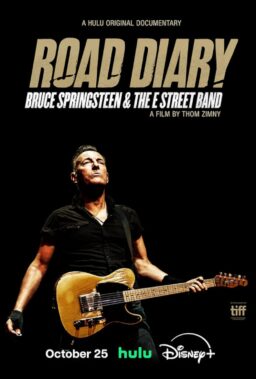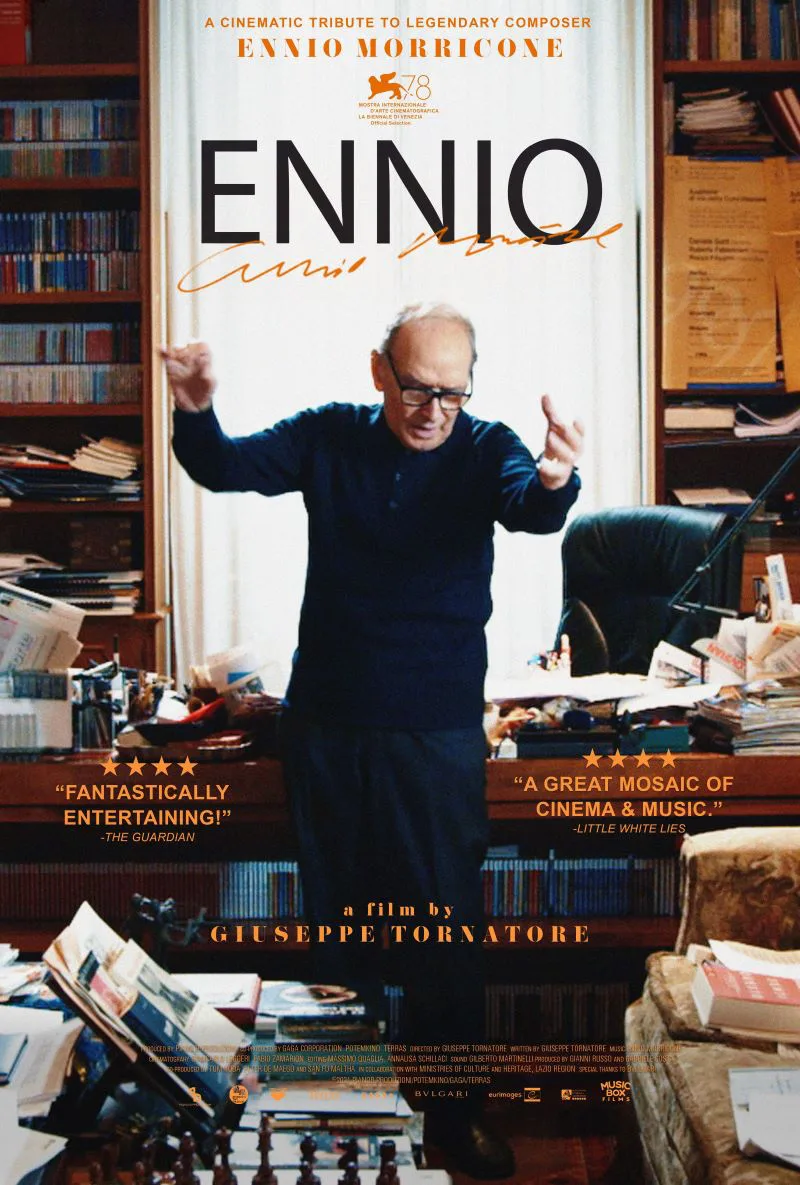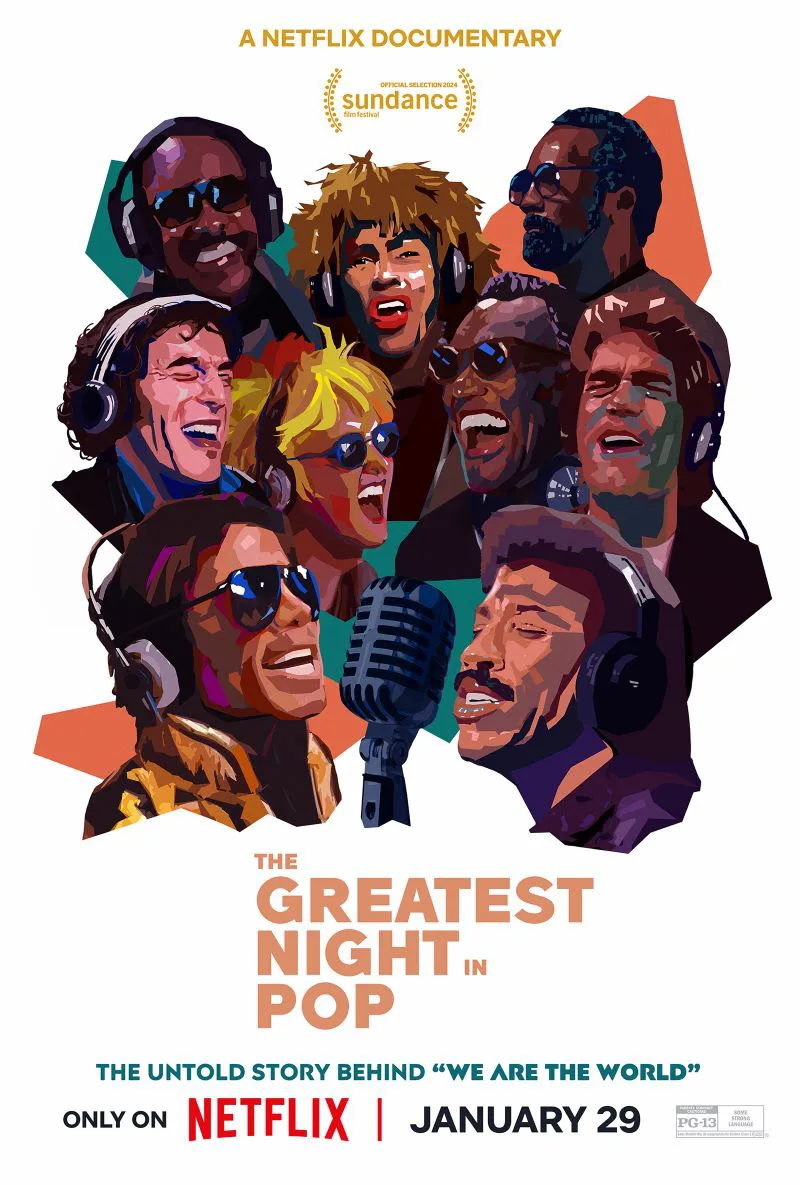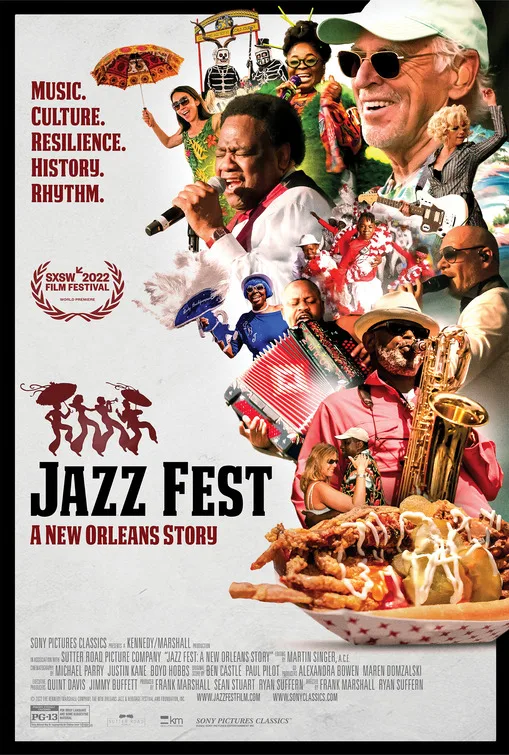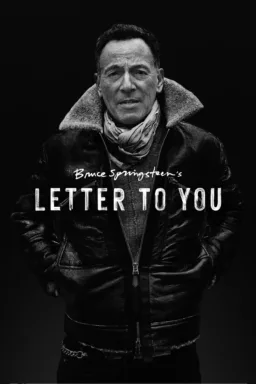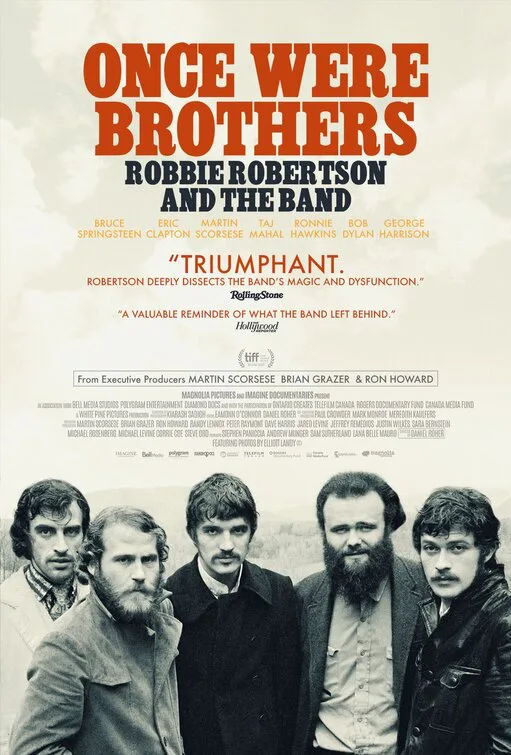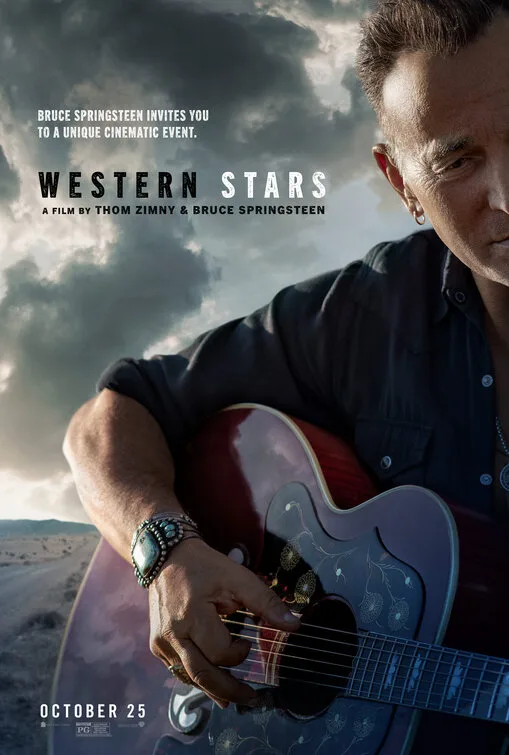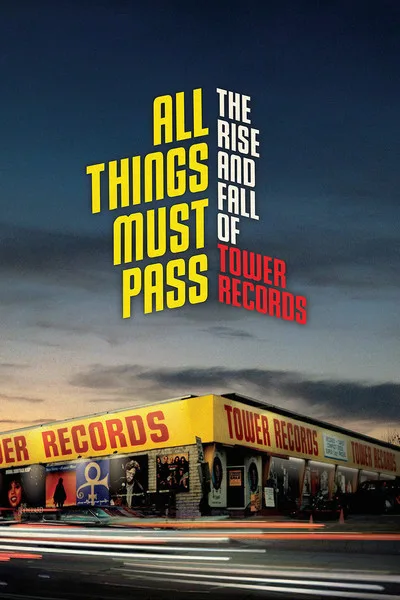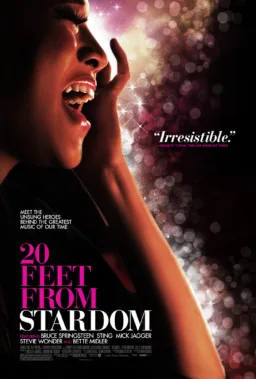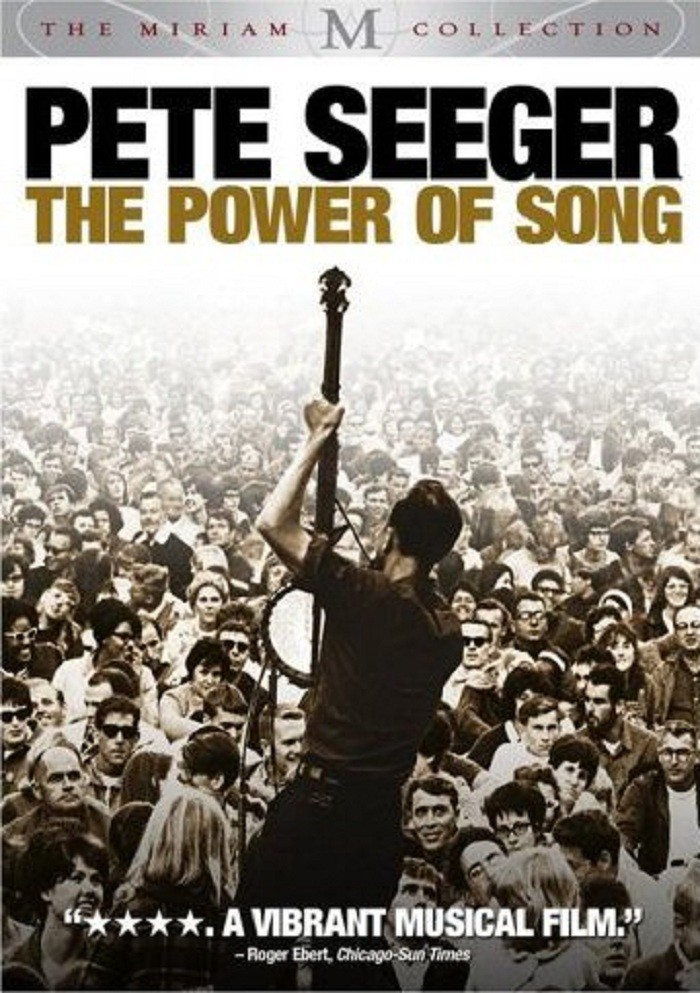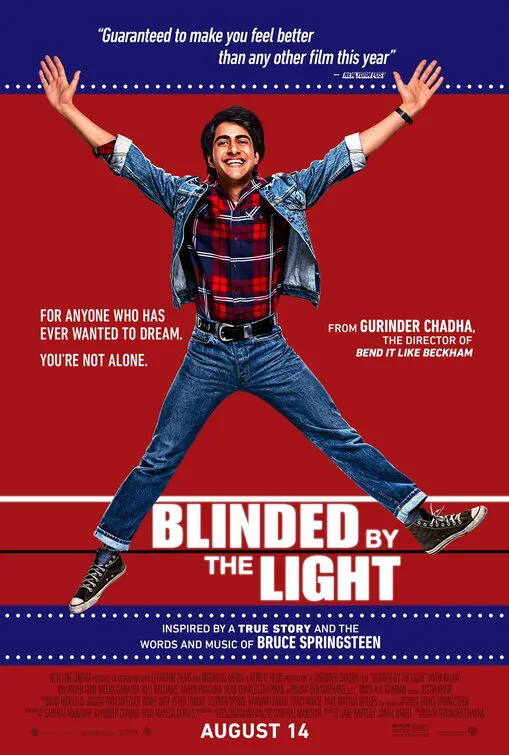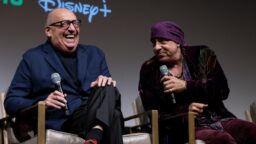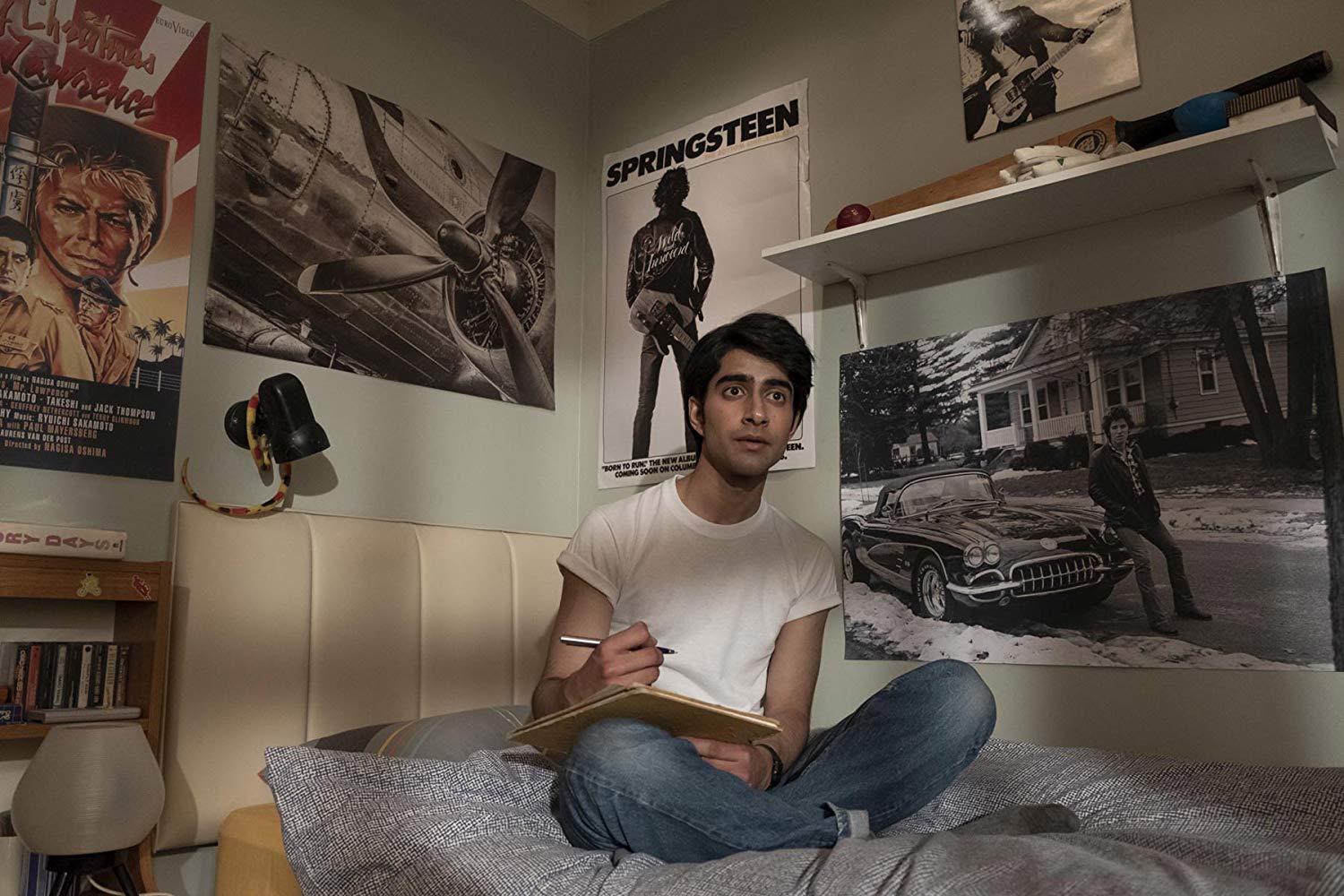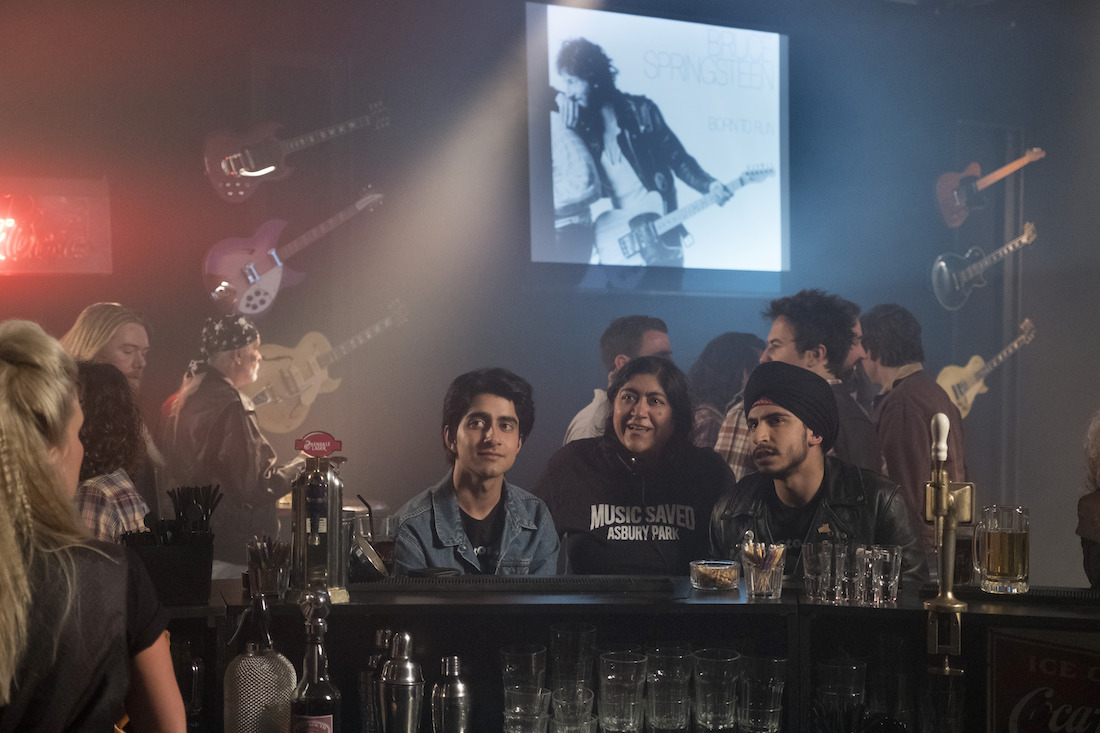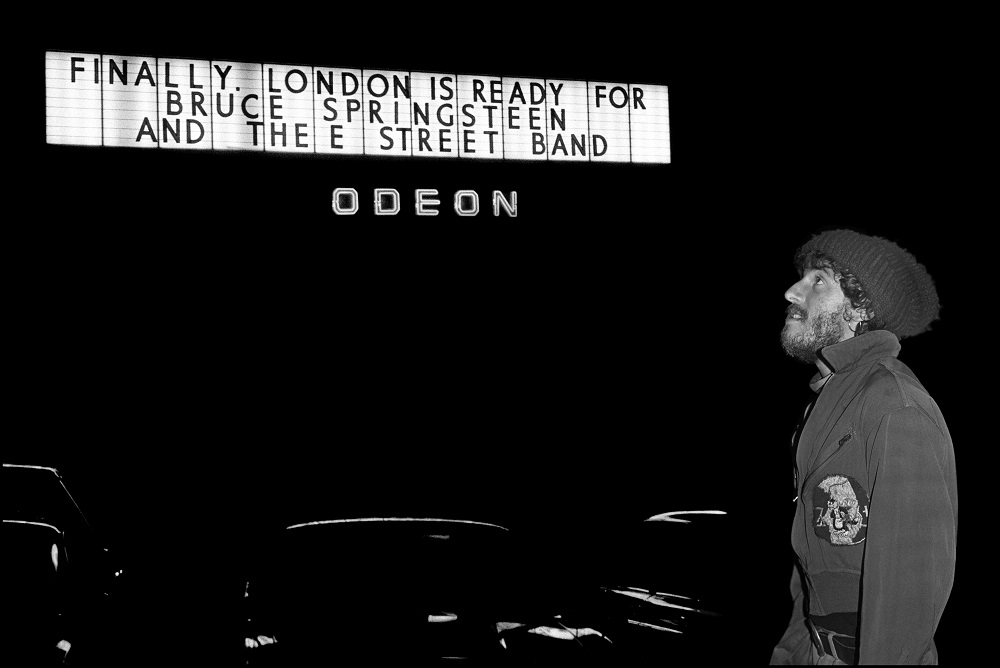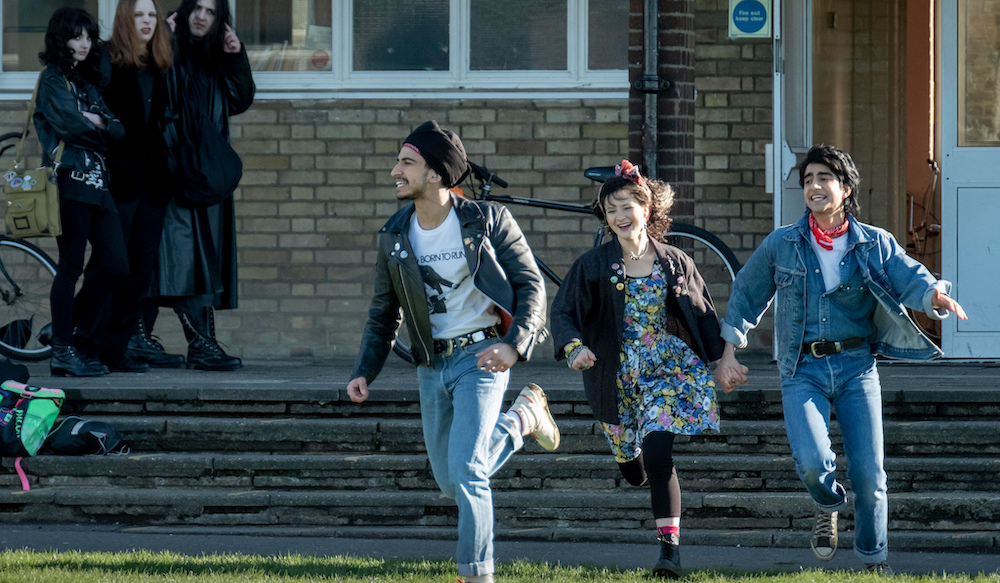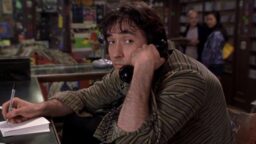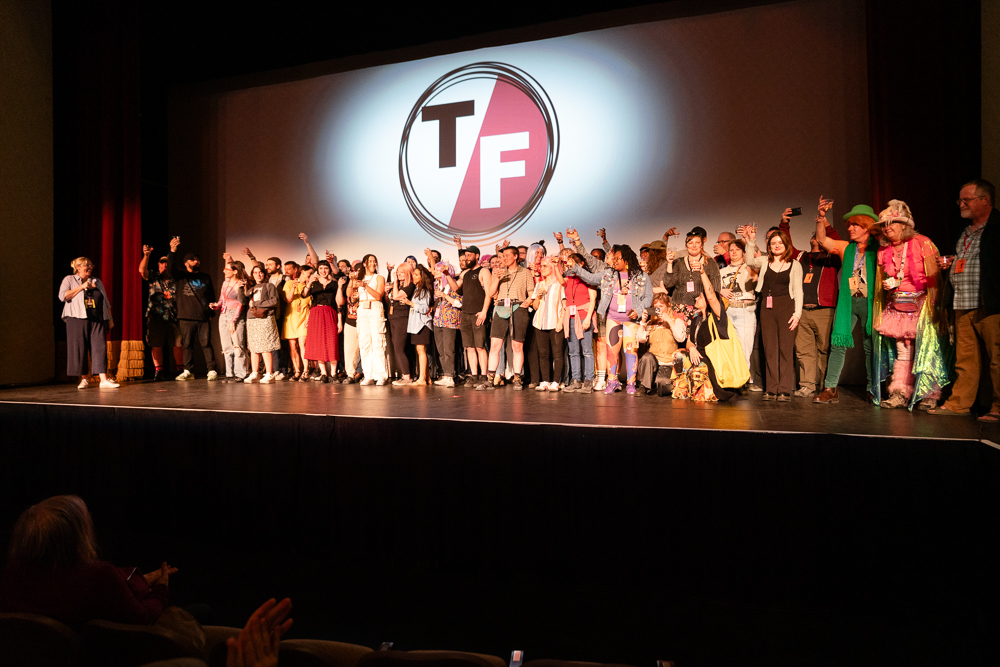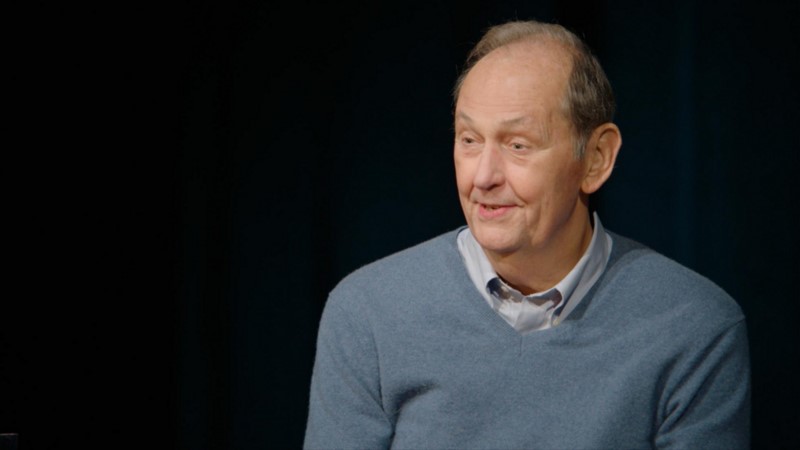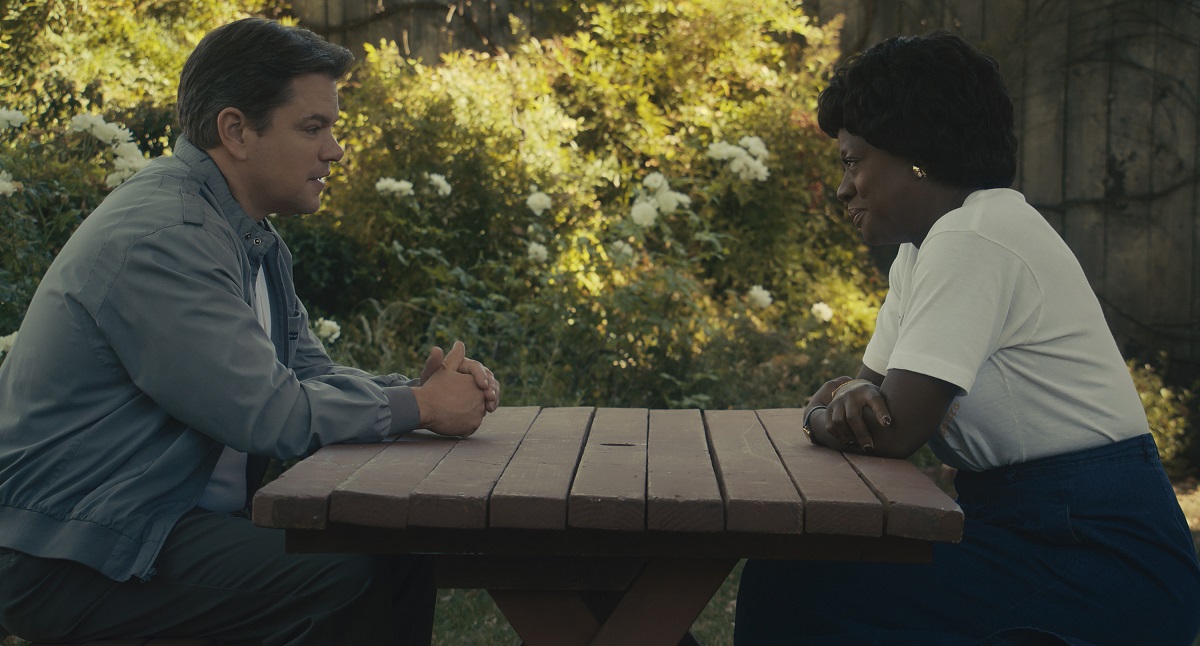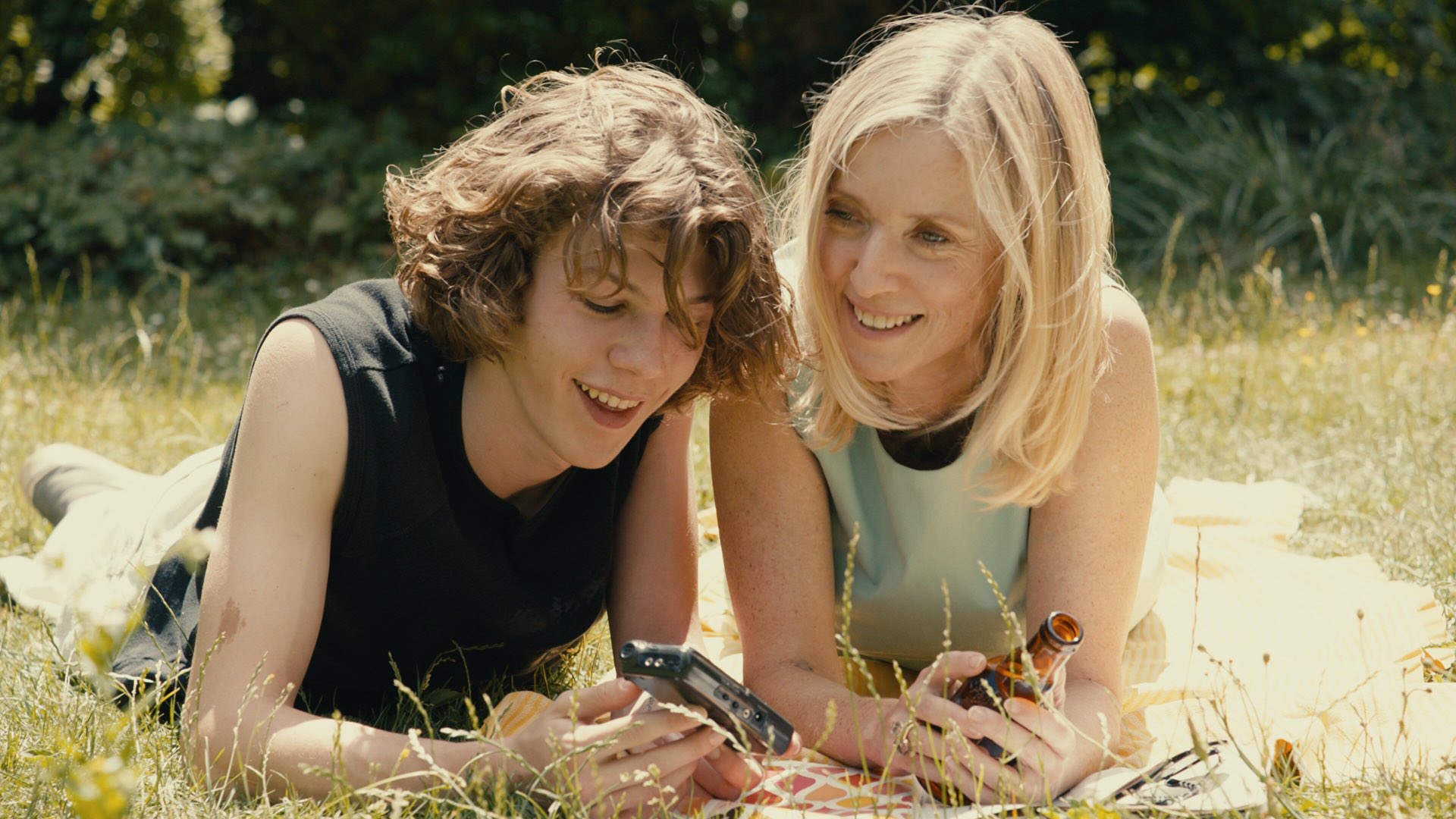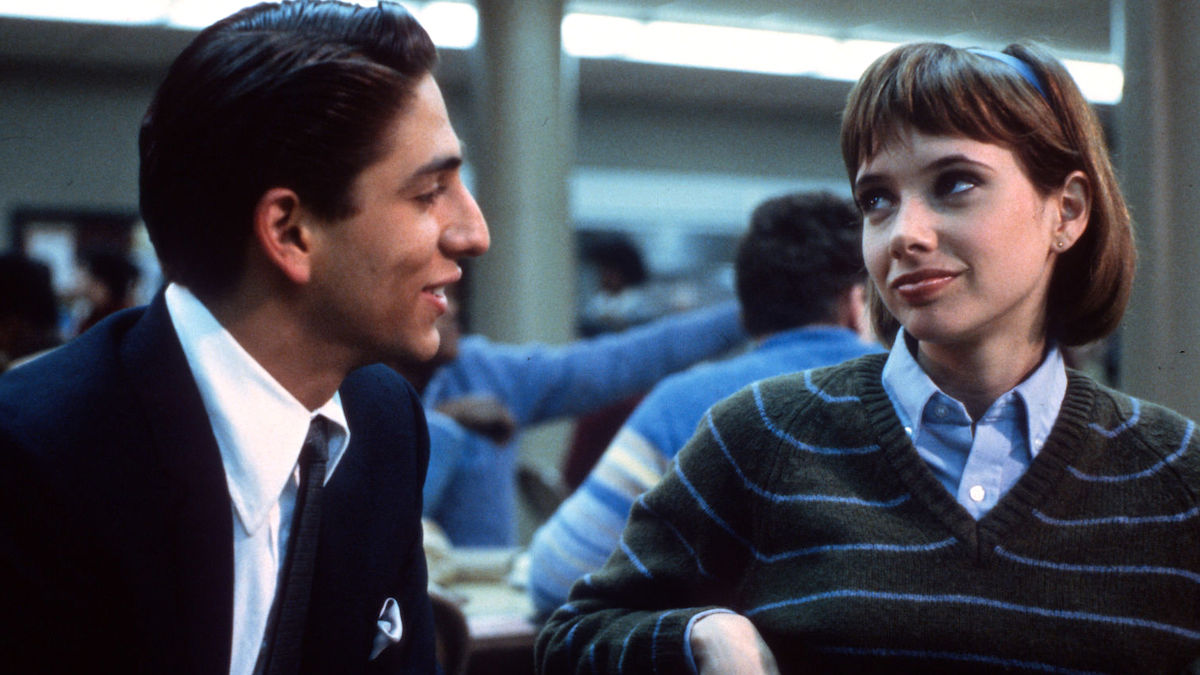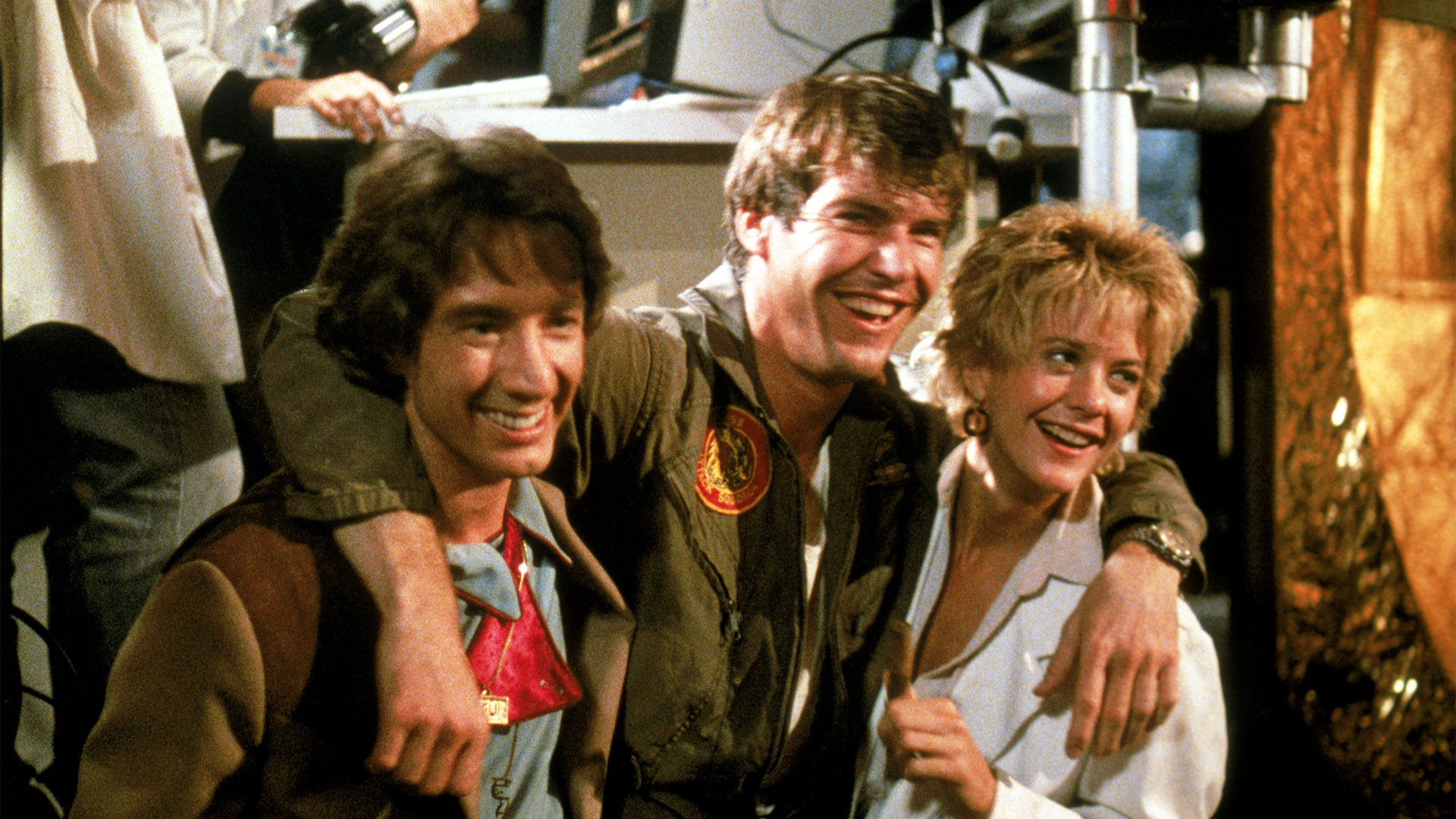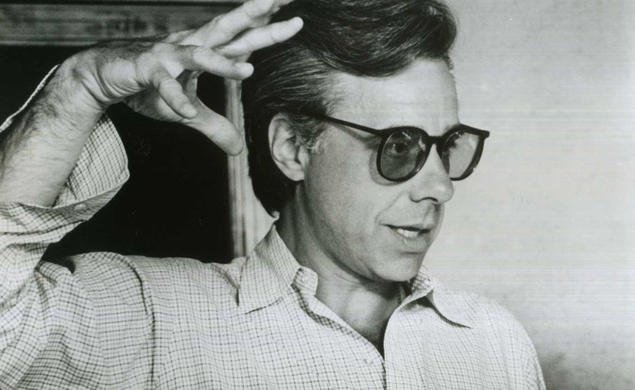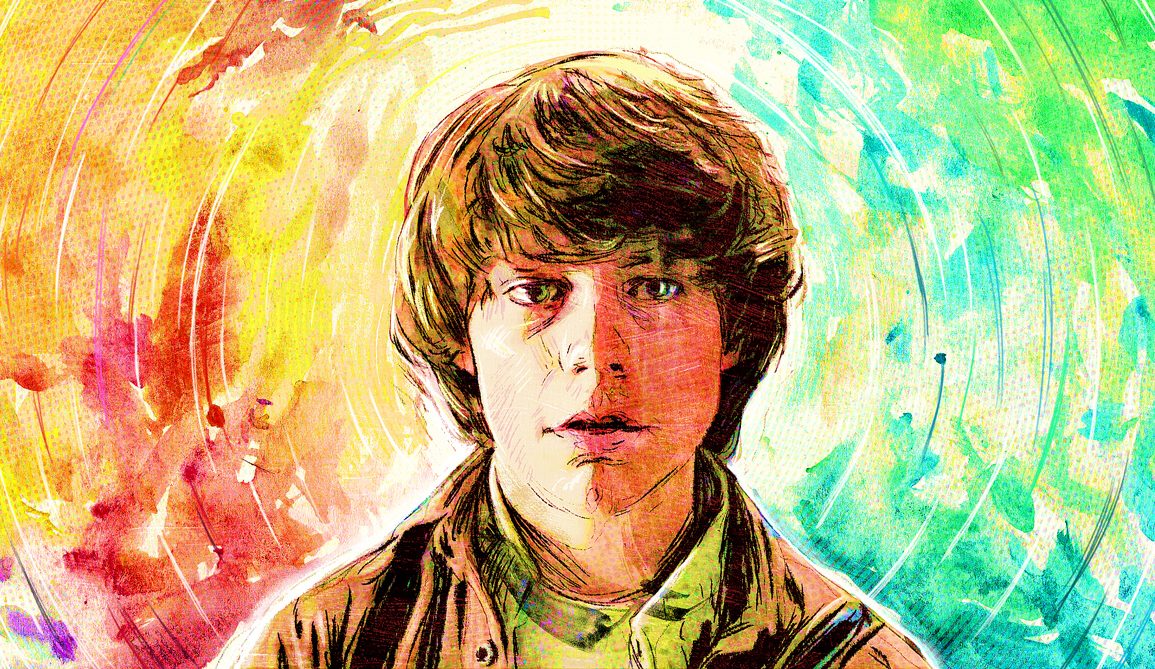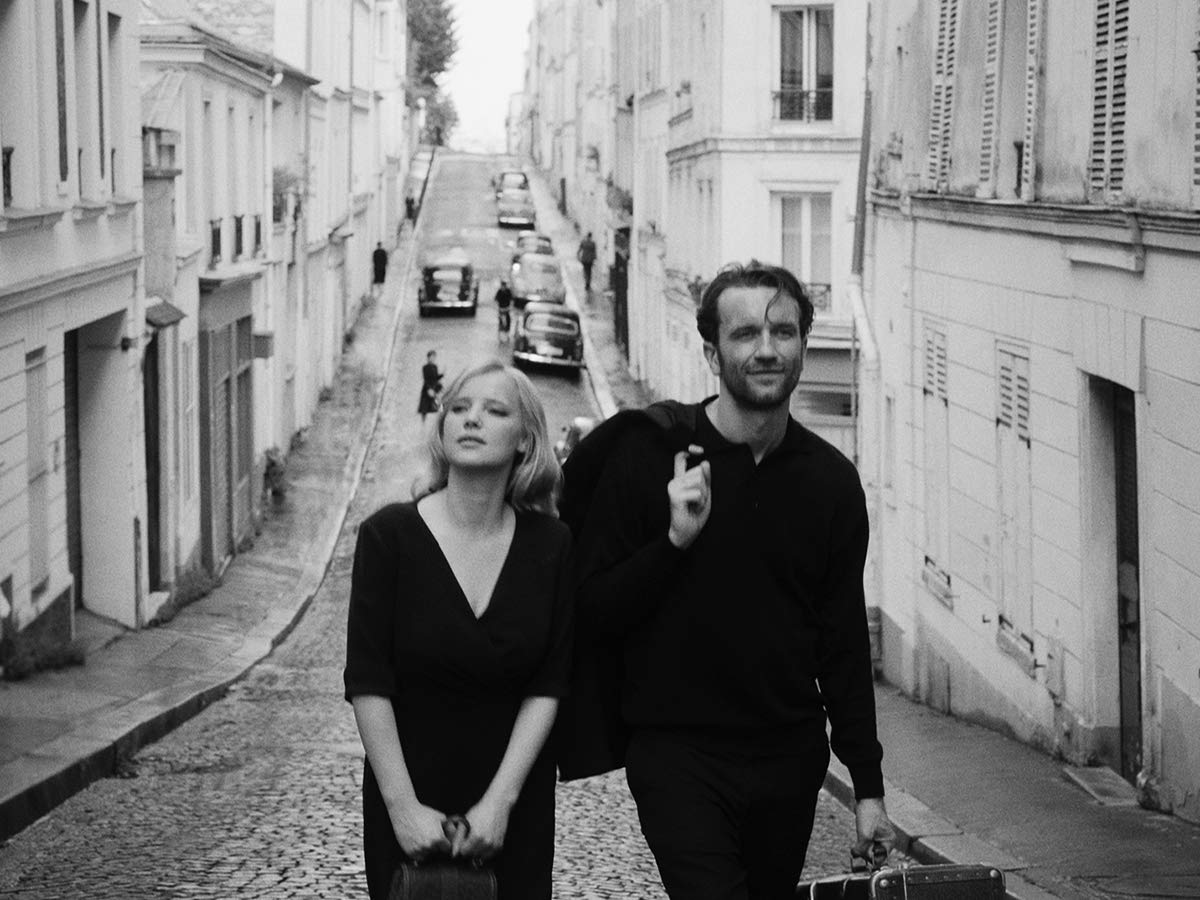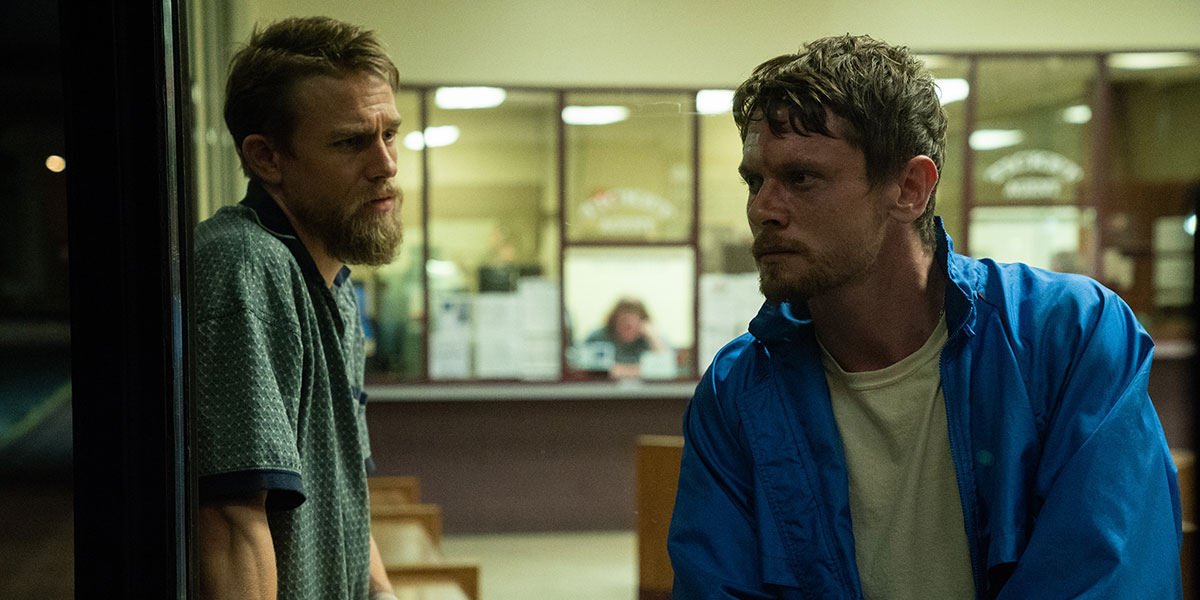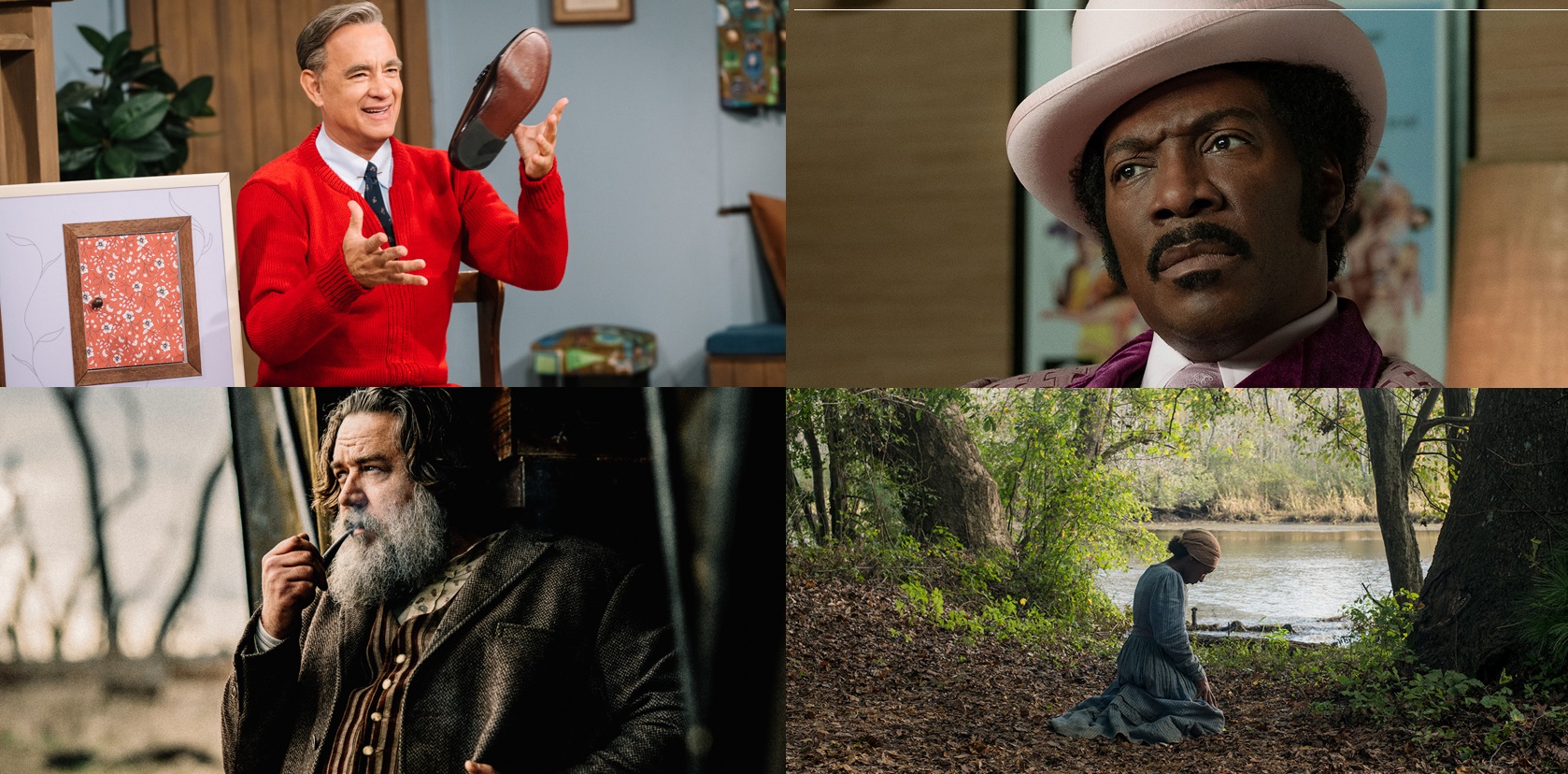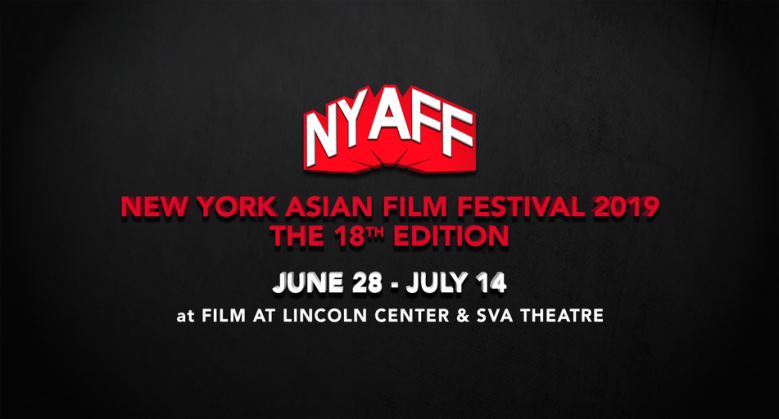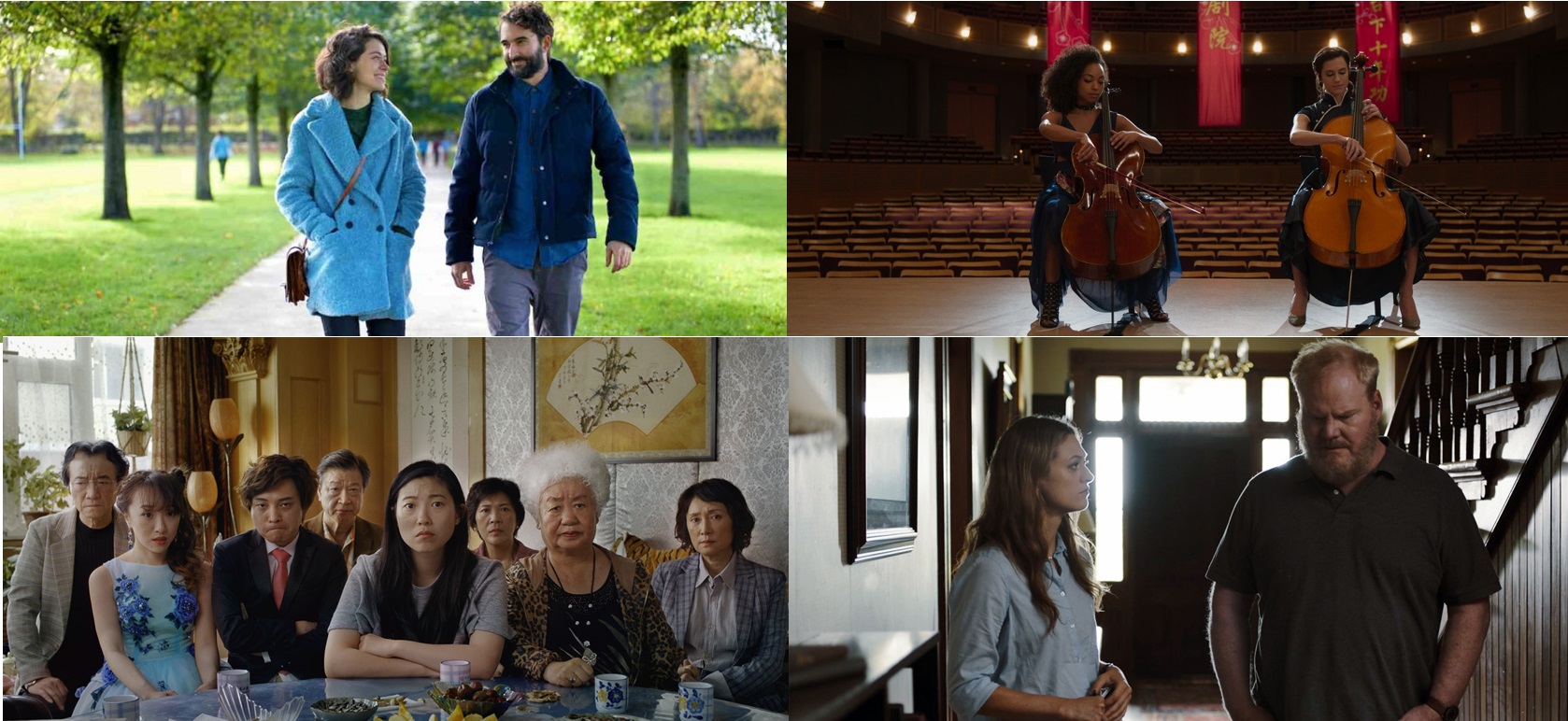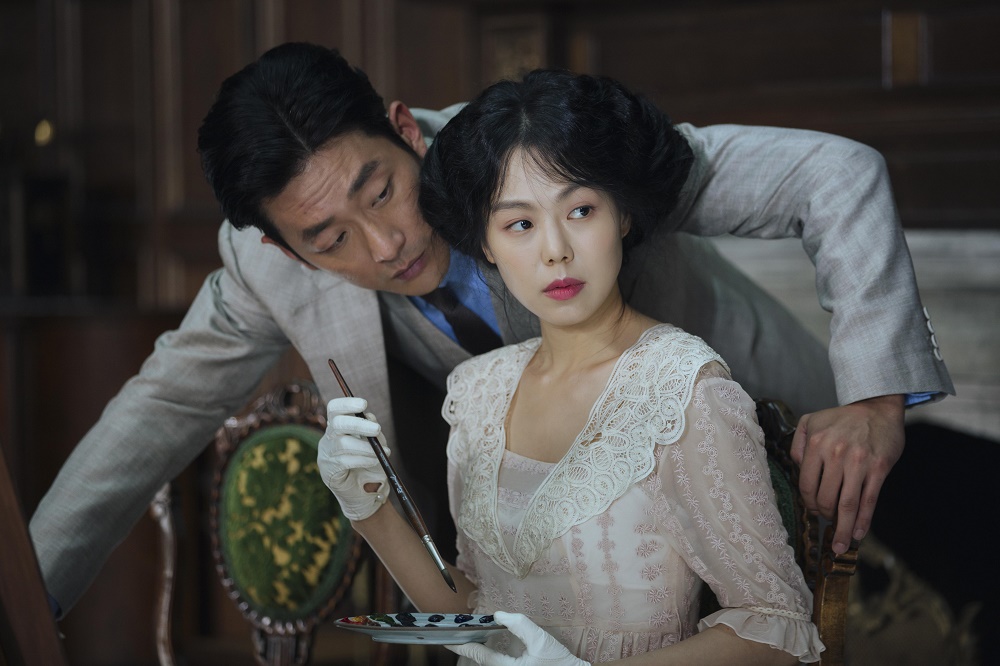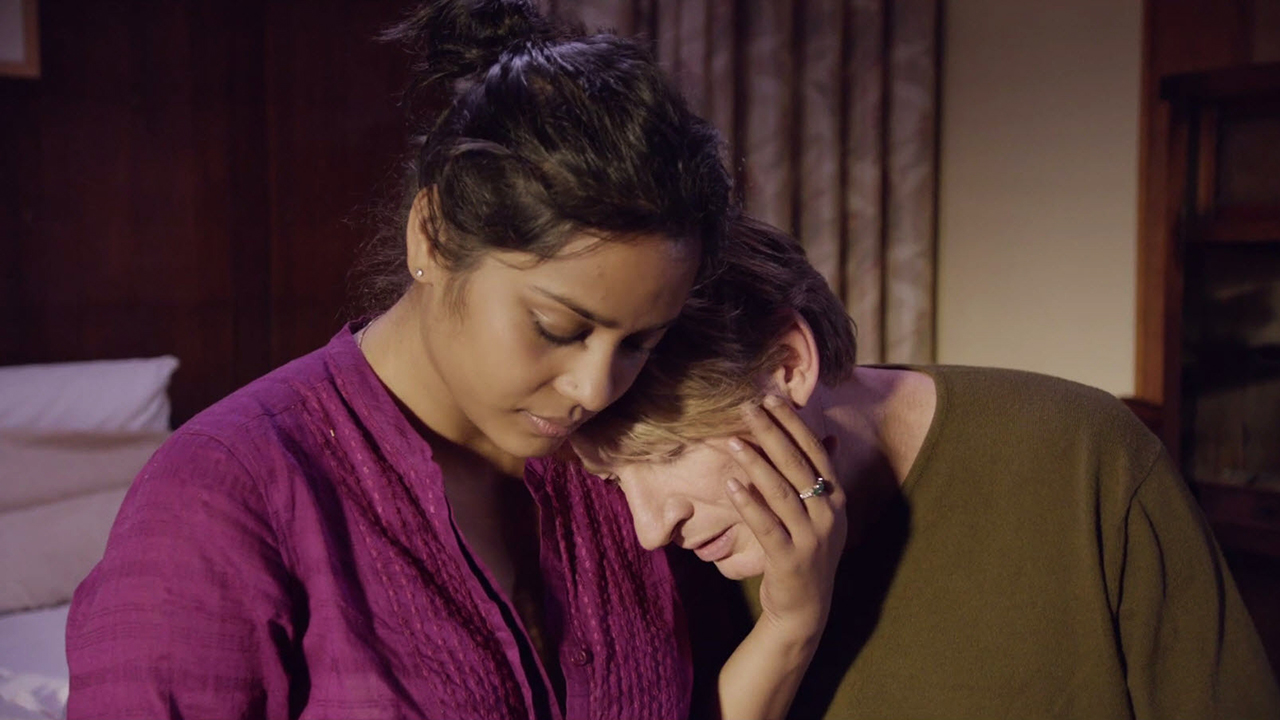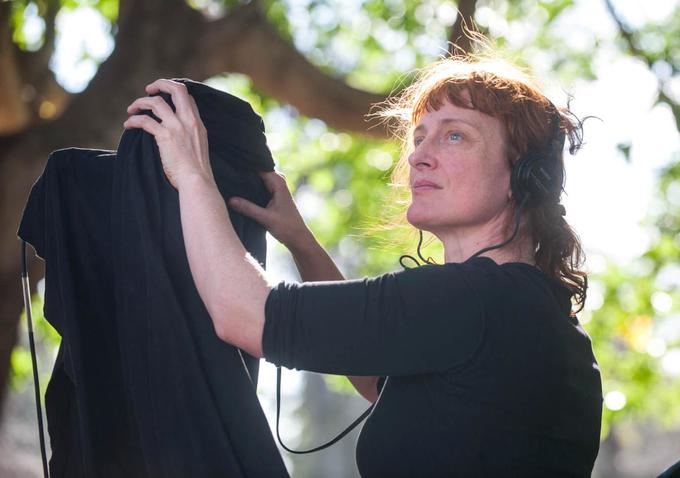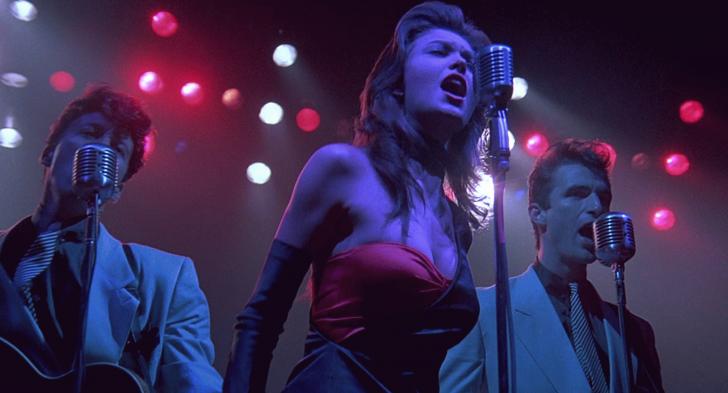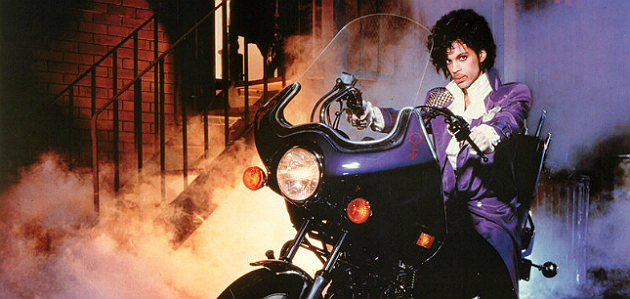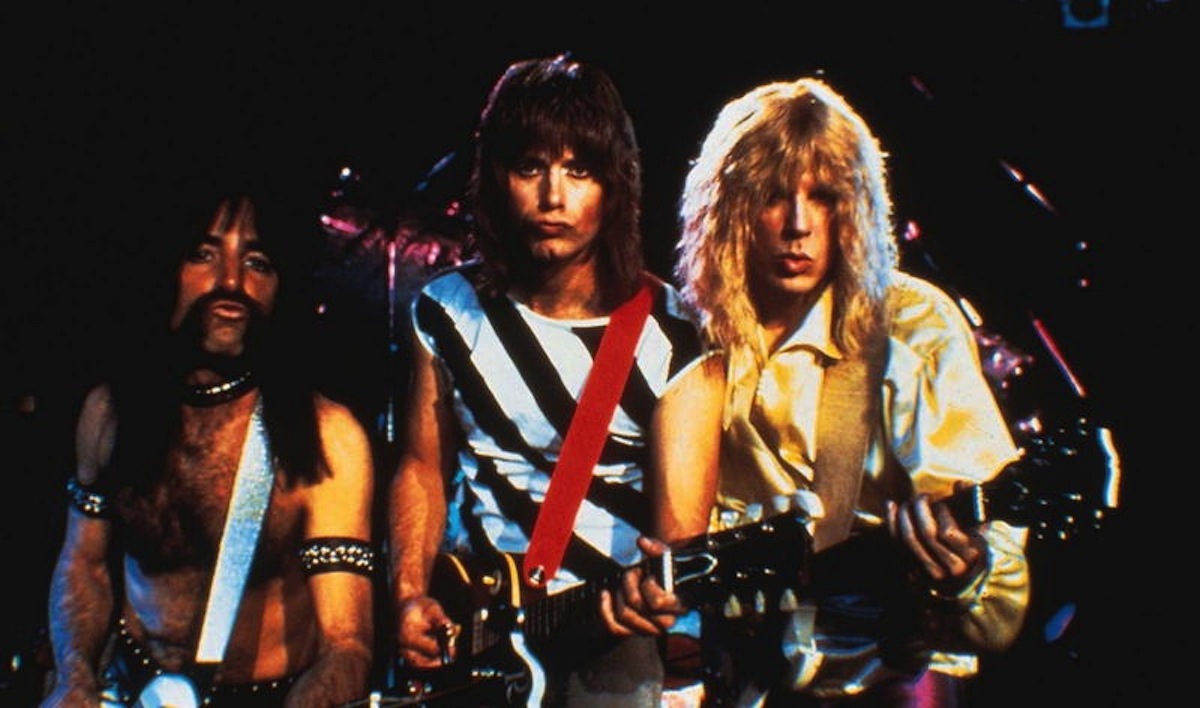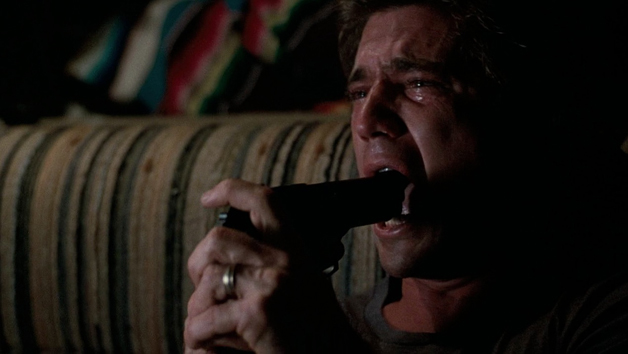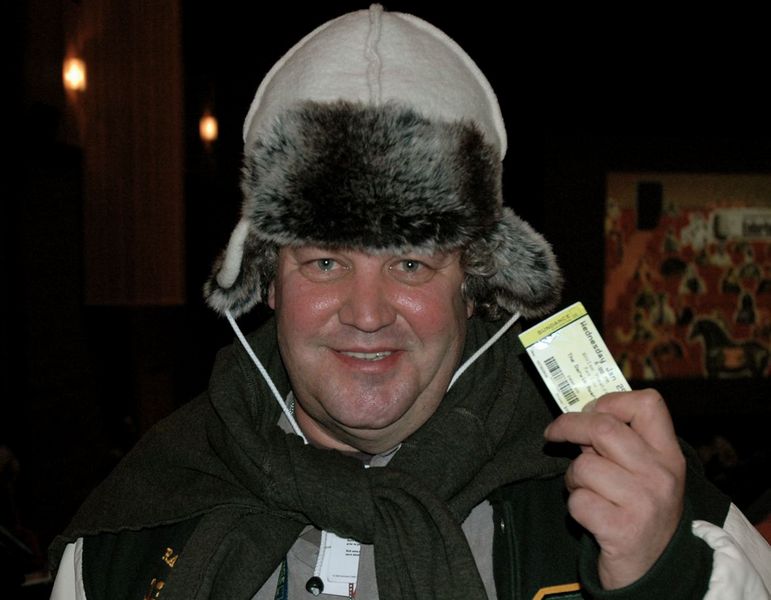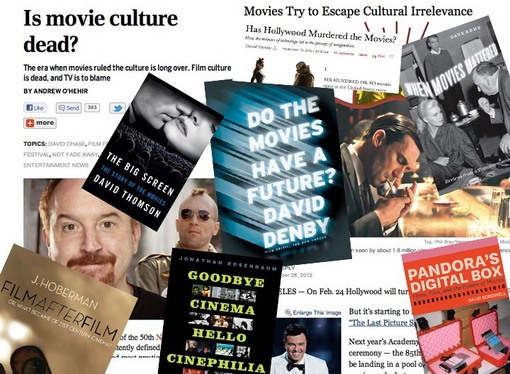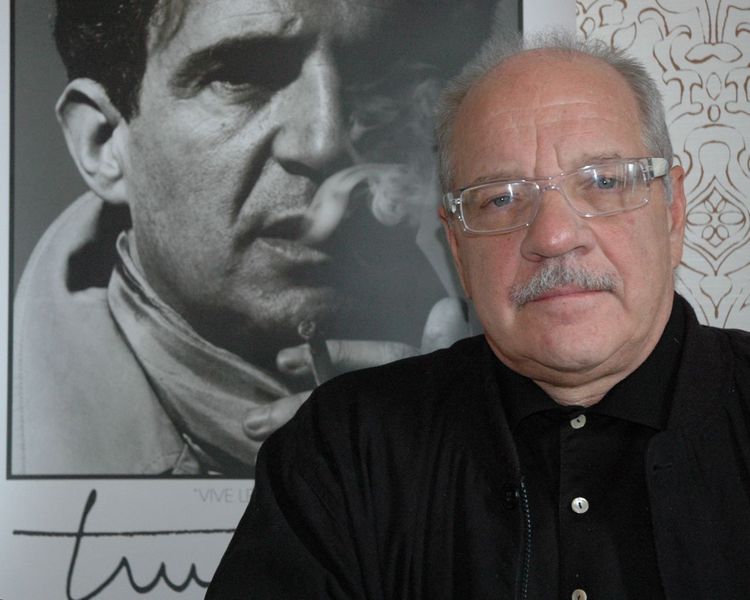Bruce Springsteen Movie Reviews
Blog Posts That Mention Bruce Springsteen
We Were Lucky: Jon Landau and Stevie Van Zandt on “Road Diary: Bruce Springsteen and the E Street Band”
Marya E. Gates
TIFF 2024: Road Diary: Bruce Springsteen and the E Street Band, Elton John: It’s Not Too Late, Paul Anka: His Way
Brian Tallerico
Viveik Kalra on Blinded by the Light, Discovering Bruce Springsteen, What’s Next and More
Nick Allen
Gurinder Chadha, Sarfraz Manzoor, Viveik Kalra and Aaron Phagura on Their Bruce Springsteen-Inspired Film, Blinded by the Light
Nell Minow
“They closed down the video store in Philly last night”: laments for Blockbuster, in the style of Bruce Springsteen
Matt Zoller Seitz
Sundance 2019: Blinded by the Light
Nick Allen
Art that reaches backward and points forward
Jim Emerson
Stephen Colbert on the role of artists in popular culture
Jim Emerson
He’s Here: The Legend of Pete Seeger
Jim Emerson
Your flag decal won’t get you into heaven any more
Roger Ebert
What I Know is What I Am: Jimmy Cliff (1944-2025)
Scout Tafoya
What Really Matters is What You Like: “High Fidelity” at 25
Richard Roeper
TIFF 2024: Table of Contents
The Editors
“This Is The Life, Isn’t It?” Martin Mull: 1943-2024
Peter Sobczynski
SXSW 2024: Diane Warren: Relentless, Thank You Goodnight: The Bon Jovi Story, Omar and Cedric: If This Ever Gets Weird, Preconceived
Matt Zoller Seitz
True/False 2024: Coming Home Again
Robert Daniels
Bill Bradley is Ready to Tell His Own Story
Nell Minow
TIFF 2023: Alice & Jack, Expats, Sly
Marya E. Gates
Airwaves: The Top 40 Beauty of the Air Soundtrack
Aaron Aradillas
Cannes 2023 Line-up Includes Wes Anderson, Martin Scorsese, and Many More
Lisa Nesselson
The Underrated Sayles: An Appreciation of Baby It’s You on Its 40th Anniversary
Caroline Madden
Bright Wall/Dark Room August 2022: Innerspace: When I Look In Your Eye by Frank Falisi
The Editors
The Connection to Old Hollywood: Peter Bogdanovich (1939-2022)
Scout Tafoya
Bright Wall/Dark Room September 2021: It’s All Happening by Ethan Warren
The Editors
A Couple of Troubadours Traveling Around the Country: Rob Brydon on The Trip to Greece
Nick Allen
Home Entertainment Guide: November 27, 2019
Brian Tallerico
TIFF 2019: Jungleland, True History of the Kelly Gang
Brian Tallerico
TIFF Announces First Wave of Gala and Special Presentation Films
Brian Tallerico
New York Asian Film Festival 2019 Preview
Simon Abrams
Encouraging Greater Diversity in Cinema: Highlights of the Bentonville Film Festival
Kristy Puchko
Chicago Critics Film Festival Announces Full Schedule, Special Guests
Brian Tallerico
Sundance 2019 Announces Competition, Premiere, Midnight Titles and More
Nick Allen
Tom Petty: 1950-2017
Peter Sobczynski
Cannes 2016: “The Handmaiden,” “Transfiguration,” “American Honey”
Barbara Scharres
Ebertfest 2016, Day 4: Four Movies, Four Writers
The Editors
Look Away, Dixie Land: Reflections on Life in the South, Racist Iconography, and Alan Moore’s Swamp Thing
Chaz Ebert
Who’s Who In Reviews: Peter Sobczynski
Chaz Ebert
Thumbnails 12/8/14
Matt Fagerholm
Tonight is What It Means To Be Young: “Streets of Fire” at 30
Odie Henderson
“Purple Rain” Still Reigns at 30
Odie Henderson
Armadillos in Their Trousers: The Tragic Special Snowflakes of “This is Spinal Tap”
Ali Arikan
The Twelve Scenes of Christmas: Numbers 12 to 9
Brian Doan
Meet the Writers: Peter Sobczynski
The Editors
Hey, Dude: Jeff Dowd downloads on the Sparo-at-the Yarrow
Roger Ebert
Movie culture: The Dead, the Deader and the Deadest
Jim Emerson
‘Schindler’ on List for 12 Oscars
Roger Ebert
Oscar will finally pay its respects to Spielberg
Roger Ebert
Triumph For ‘Schindler’
Roger Ebert
Sean Penn moves around to other side of the camera
Roger Ebert
Starting out at 2 a.m. with Paul Schrader after a Toronto premiere
Roger Ebert
Popular Reviews

The best movie reviews, in your inbox
